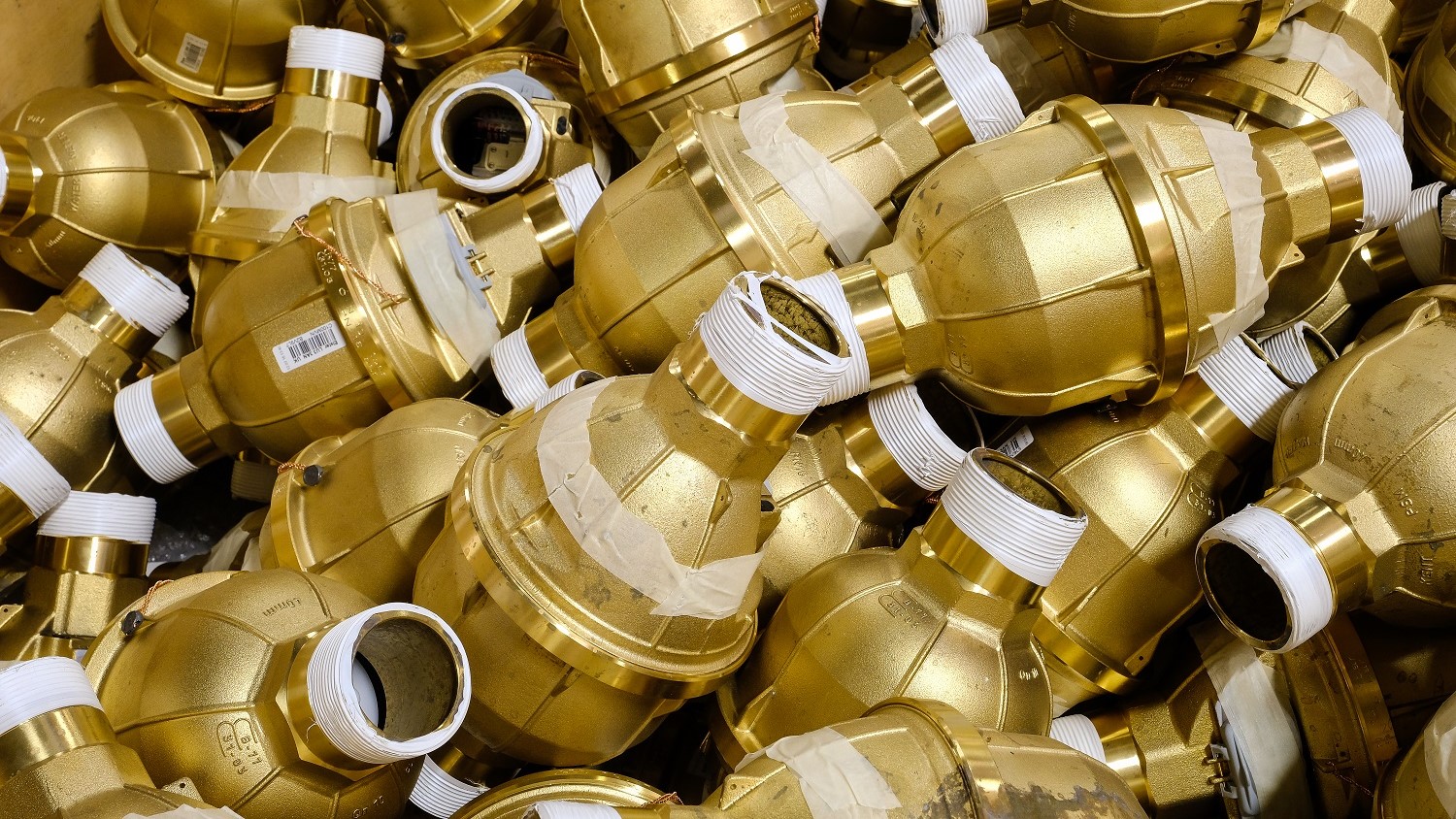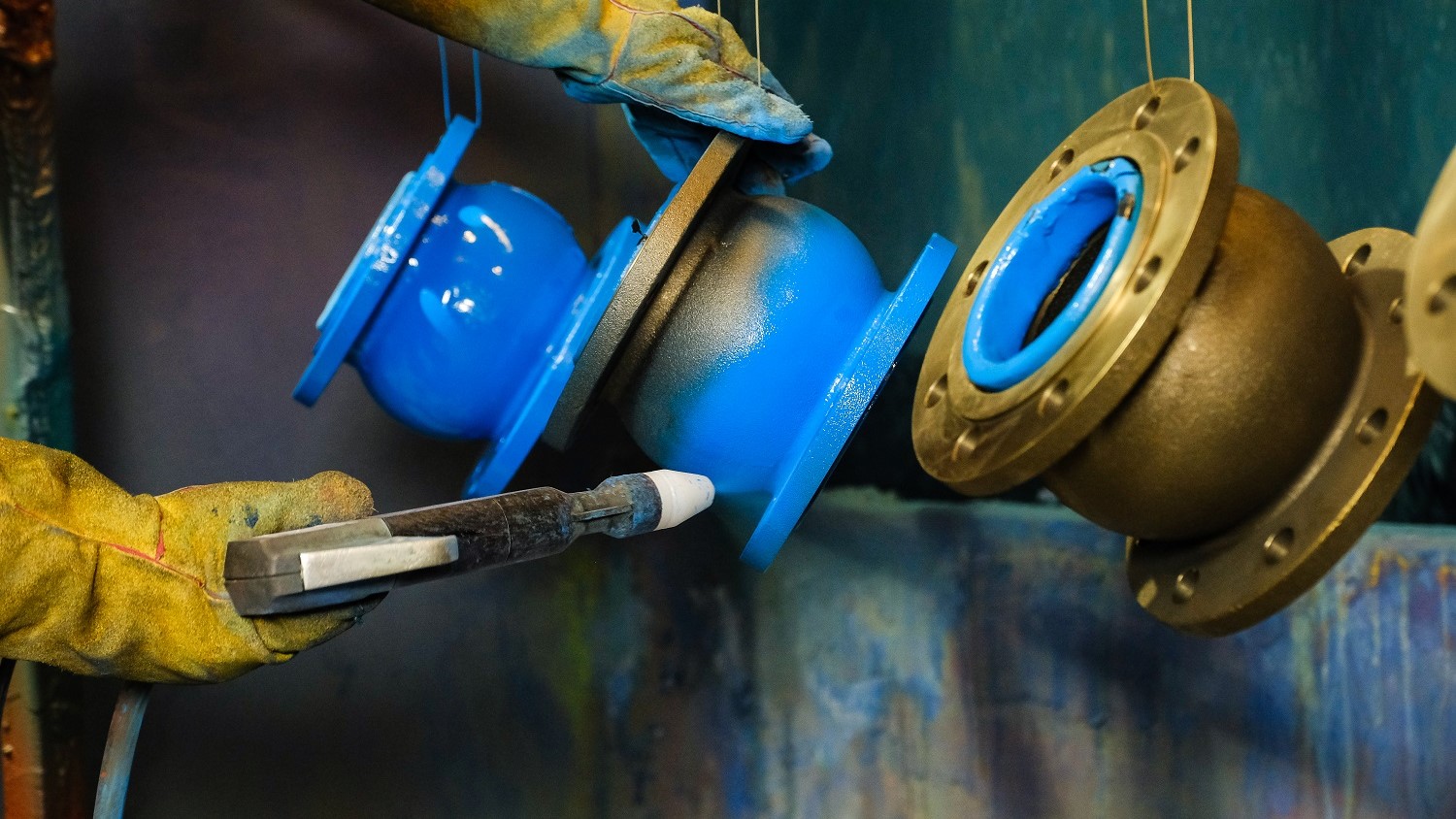
A common misunderstanding over water fittings regulations in the UK is creating confusion over clean water equipment compliance and specification, and could be a barrier to innovation, says Paul Carrington, Managing Director, Aquacheck Engineering.
Safeguarding water supplies and helping utilities and other clients protect public health is a top priority for manufacturers of water network fittings and components. Regulatory compliance is a key part of delivering high quality products that are fit for purpose and minimise risk.
Government regulations set legal requirements for the design, installation, operation, and maintenance of water fittings, systems, and appliances. They have been designed to prevent drinking water contamination and prevent misuse, waste, undue consumption, and erroneous measurement of water supplied by a water undertaker.
Innovation is a watchword for the UK water sector as it grapples with multiple challenges, including those on the clean water network. In maintaining some of the highest water quality standards in the world via some of its oldest networks, it is essential that all new equipment meets agreed standards when it enters the UK market, to ensure public health and to create a level playing field for manufacturers and suppliers.
For many years, consultants and other specifiers of water equipment – including architects, developers, and designers of electrical & mechanical systems – have stated that fittings and components must be approved by WRAS – the Water Regulations Approval Scheme. WRAS approval was routinely stated in project specifications and thought to demonstrate compliance of network components with water regulations.
It now needs to be recognised that WRAS is, and has always been, a voluntary scheme and WRAS approval is not necessary for products to comply. The minimum legal requirement for products and components coming into contact with clean water supplies is compliance with Regulation 4(1)(a) and (b) from the Water Supply (Water Fittings) Regulations 1999.
Regulation 4(1)(a) “requires all water fittings supplied, or to be supplied, with water by a water undertaker to be of an appropriate quality and standard”, and Regulation 4(1)(b) says equipment must be suitable for the circumstances in which it is used.
In addition, Regulation 4(2) provides options for companies to demonstrate compliance of their equipment. These are:
- Conforming to a specification approved by the regulator
- Conforming to an appropriate British Standard
- Conforming to some other national specification which provides an equivalent level of protection and performance.

There are currently three approval schemes operating in the UK for Reg 4 compliance in relation to water fittings and components, of which WRAS is only one. The other two are NSFreg4 and the Kiwa UK Regulation 4 Product Approval Scheme (KUKreg4).
Like many manufacturers, Aquacheck Engineering uses KUKreg4, which is a robust process for demonstrating full compliance with the UK Water Supply (Water Fittings) Regulations 1999 England & Wales, 2009 Northern Ireland and 2014 Byelaws Scotland. Kiwa certification is widely accepted by water utilities, and in Aquacheck’s experience has much more visibility and acceptance than WRAS approval.
The tests on Aquacheck Engineering products meet the requirements of Reg 4, and are performed at Kiwa’s testing and calibration laboratories, which are UKAS accredited to ISO17025. Certificates are issued through a system complying with ISO17065, which is also UKAS accredited.
Given the current regulatory requirements, the insistence on WRAS approval for water equipment from some consultants and specifiers is not only out of step, it also risks their clients missing out on best-in-class products and technologies – from pumps and pipes to valves and tapware. More seriously, it is wholly inappropriate to specify one test when others are readily available to the market and meet the same standards.
Aquacheck is already working closely with suppliers of pipeline components to ensure that information regarding Reg 4 is readily available to installers. This is part of our plan to enable distributors as a safekeepers of water in the UK building services market.
With water utilities also asking for products that are Regulation 4 compliant, and manufacturers investing in appropriate certification, it is time for all equipment specifiers to catch up.



